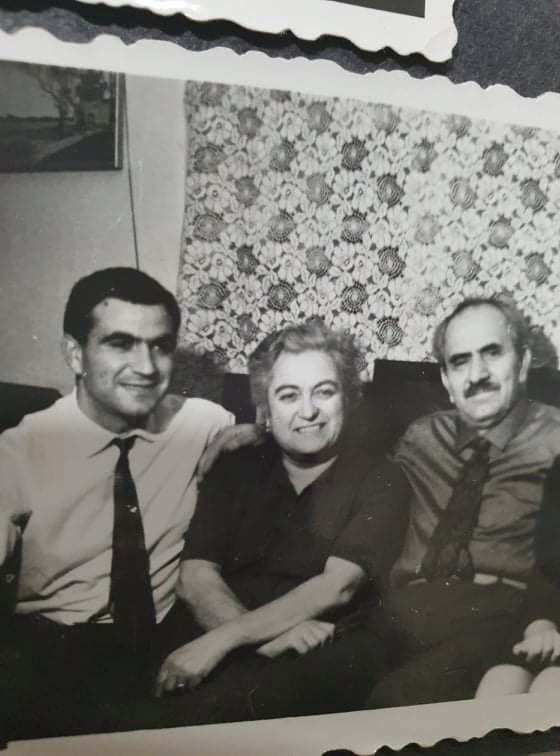By Margarita Ivanova
Special to the Mirror-Spectator
PLEVEN, Bulgaria — Armenians and Bulgarians have had close relations since the time of Byzantium and the creation of the first medieval Bulgarian kingdoms. In modern times, this relationship was reinforced from the early 19th century, when both peoples began a struggle against oppression by the Ottoman Empire. Soon mass immigration to Bulgaria created even closer ties.
After Bulgaria’s liberation from Ottoman rule in 1878, 4,000 Armenians came to Bulgaria. This was the start of the many waves of Armenians that fled to Bulgaria. Among the events triggering this immigration were the 1896 Hamidian massacres, the start of the Armenian Genocide in 1915, and the end of the 1919 Greco-Turkish War.
Borders in Bulgaria were opened to refugees in 1922 by the Alexander Stambliiski government. A total of 25,000 Armenian refugees came, but at the cost of leaving their lives behind.
Among these many refugees were the grandparents of Ahavni Halvadjian, a former Bulgarian-Armenian journalist. Her two grandparents, Ahavni and Magarditch Halvadzhyan (the spelling reflects different transliteration systems for the same surname), escaped genocide. They walked for months before finally arriving in Ruse, a large city in Bulgaria.










